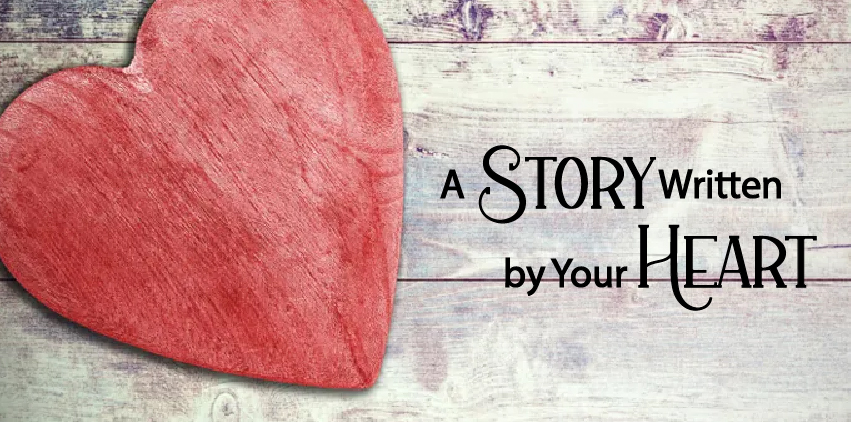Your life is a story written by your heart. Don’t try to change the situation around you, just try to relax more and look into your heart. Find out what your heart wants to do. from the Kdrama, Another Ms. Oh
This is what a psychologist tells a quiet, introverted movie sound engineer when he begins having visions of his final moments after causing a young woman’s wedding to fall apart through a case of mistaken identity. In those visions he is lying in the street dying, having been hit by a car, regretting that he wasn’t brave enough to risk a second chance at love.
I think the psychologist’s three-part advice is both sound and challenging. I tried to apply his advice recently in a situation involving my failure to pay attention to something deeply important to a friend and his subsequent misunderstanding and reaction. How I chose to respond to his angry and unexpected email could have devastated not just our relationship, but also the relationship of a group of friends who’ve been getting together since 2001.
First, the psychologist says, don’t try to change the situation around you. But isn’t that what we typically do? We want to do SOMETHING because then we’ll have a sense of control over something that feels out of control. And surely if we alter the circumstances, things will improve. So, my first inclination was to shoot back an equally angry email to justify my actions and “equalize” the situation.
Here’s where I think parts two and three of the psychologist’s advice come in. It’s not that we won’t eventually decide to change the situation around us, but it’s important to choose how and what to change. Part two is relax. I do tend to ponder and tend not react immediately; maybe pondering is a type of relaxing. Hmmm. Maybe. But if it’s more perseveration than pondering—replaying things over and over in your head—it can actually increase your angst or your anger.
Relaxing is more about taking a deep breath, and then many more, and then walking away mentally, and sometimes physically from the situation. Instead of reacting instantaneously and saying or doing something you regret. In the situation with my friend, I tried (not too successfully) to put it out of my mind temporarily. I’m not sure I succeeded in relaxing, but I didn’t react immediately. I pondered my various options: ignore it and do nothing, but carry resentment; vent my own hurt and anger, but risk ruining a friendship; or something in between. But what would that be?
That’s where the third step made a difference: look into your heart; find out what your heart wants to do. I decided I needed to run the situation by former work colleague who was not acquainted with my other friends. In our phone call she asked me this question: “What do you want to happen as a result of this situation.”
In other words, what does my heart want to do? I knew the answer immediately–what my heart wanted was to prevent my group of friends from falling apart. How to do that? Have a face-to-face/heart-to-heart conversation arranged not by email or text, but with a phone call.

We had that face-to-face meeting in a quiet corner of a café. It was a difficult conversation. And a long one. But we were both able to explain our thoughts, feelings and actions and hear why the other person reacted the way they did. We both felt so much better at the end. I thanked him for being willing to have that dialog, knowing how awkward it would be. And we agreed that’s what adults do – sit down and talk out their misunderstandings.
So in the midst of an entertaining Korean drama with subtitles, I learned that “life is a story written by your heart.” And that my heart wanted my life to continue embracing a friendship that contributed so much to my ability to navigate the difficult world we live in.




